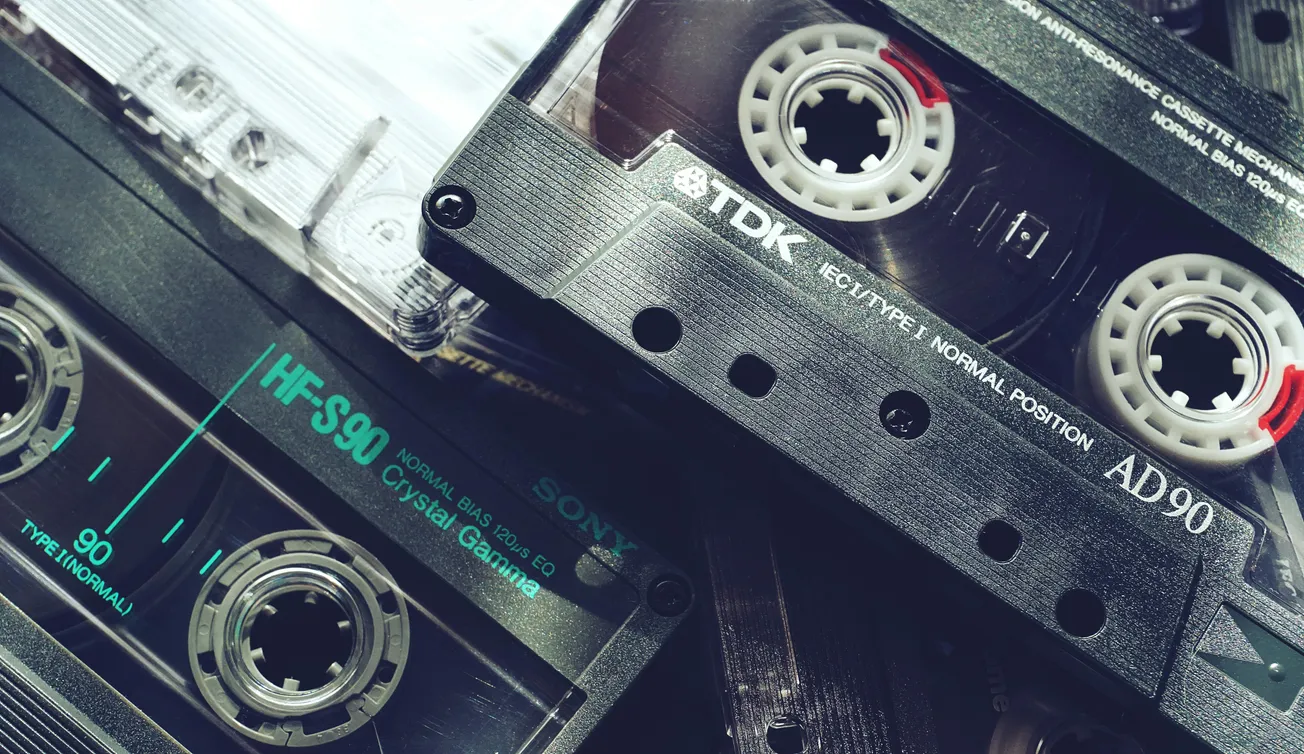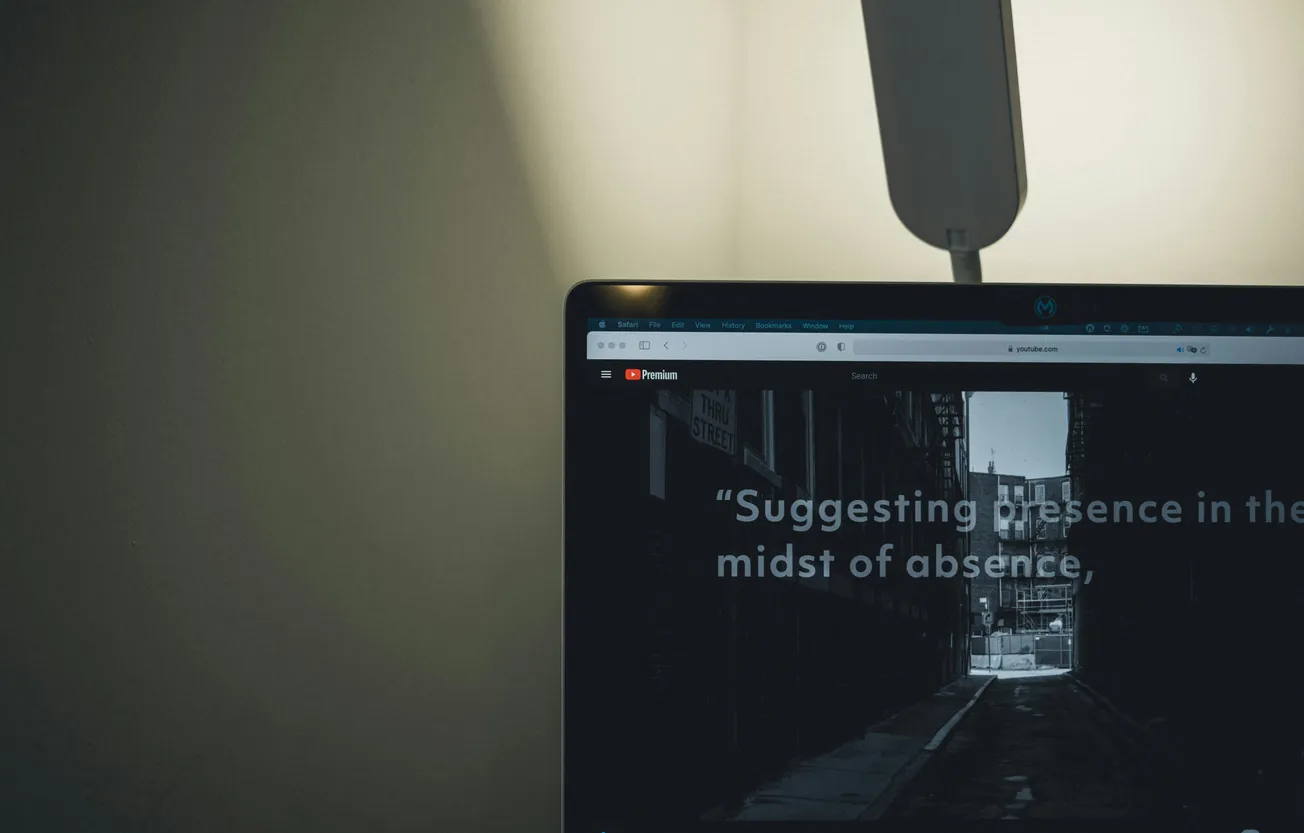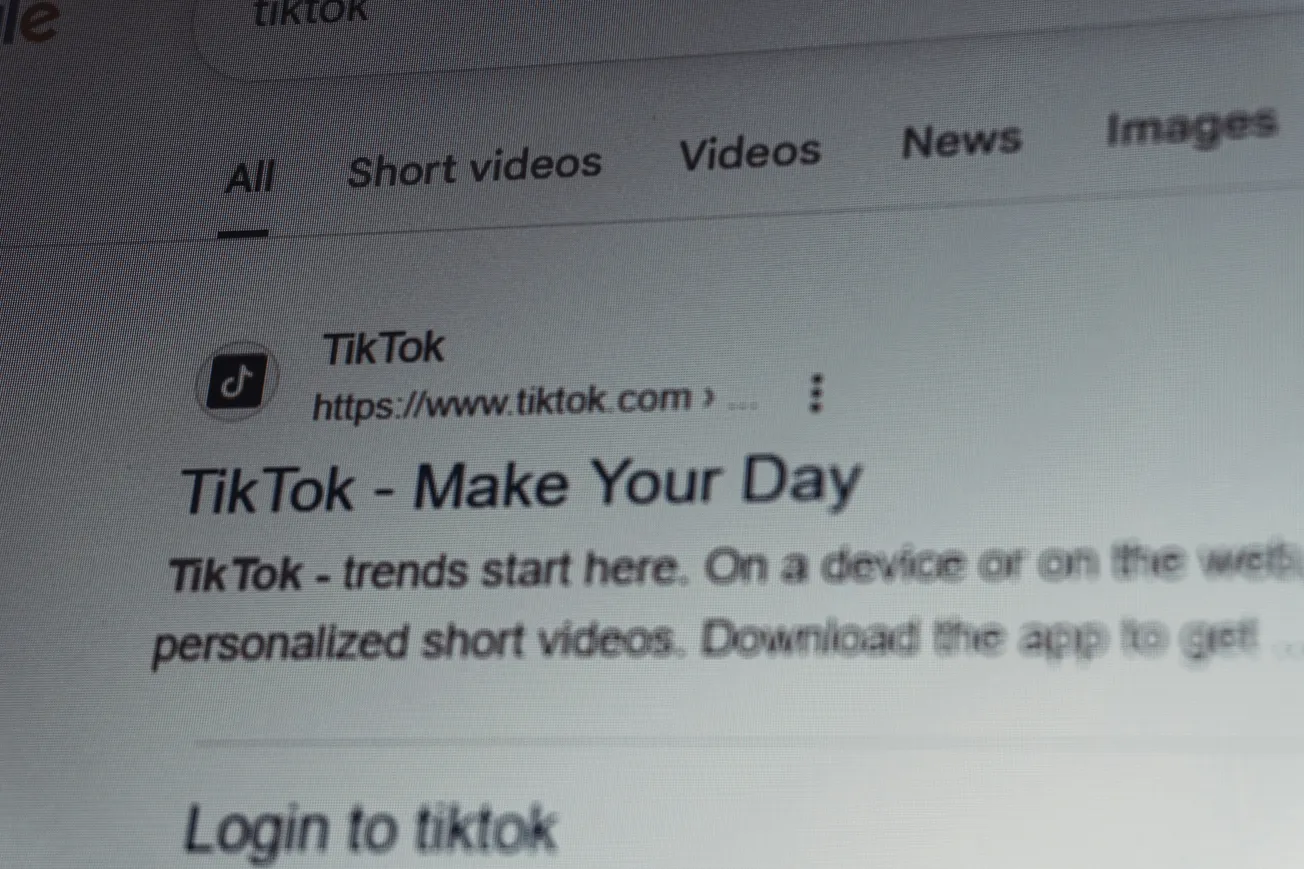Moving Beyond Shock Value
In the crowded landscape of true crime content, a growing number of creators are shifting away from shock value and embracing ethical storytelling. Rather than chasing clicks with gruesome details, this approach focuses on honoring real people and responsibly handling sensitive histories.
Why Forgotten Cases Hold Power
Reinvestigating cold cases—especially those buried in local archives—offers creators a unique opportunity. These stories are often rich with drama, societal insight, and historical context. But what makes a reexamination truly resonate isn’t just the crime; it’s the care taken in how it’s told.
Primary Sources Create Authenticity
One standout example is the use of untouched primary sources, like archived interviews or case files, to let the past speak in its own voice. This lends authenticity to the narrative while avoiding speculative or exploitative angles. It's especially powerful when families of those involved are consulted and approve of how the story is portrayed.
What Creators Can Learn
This model holds value for documentary filmmakers, podcast hosts, and video creators alike. By prioritizing accuracy and empathy, storytellers can uncover compelling narratives that educate and engage without sensationalizing trauma. And in an era where trust and depth matter more than ever, this method builds long-term audience respect—especially from listeners who crave more than surface-level drama.
A Smarter Content Strategy
Ethical true crime isn't just good journalism. It's good content strategy.








